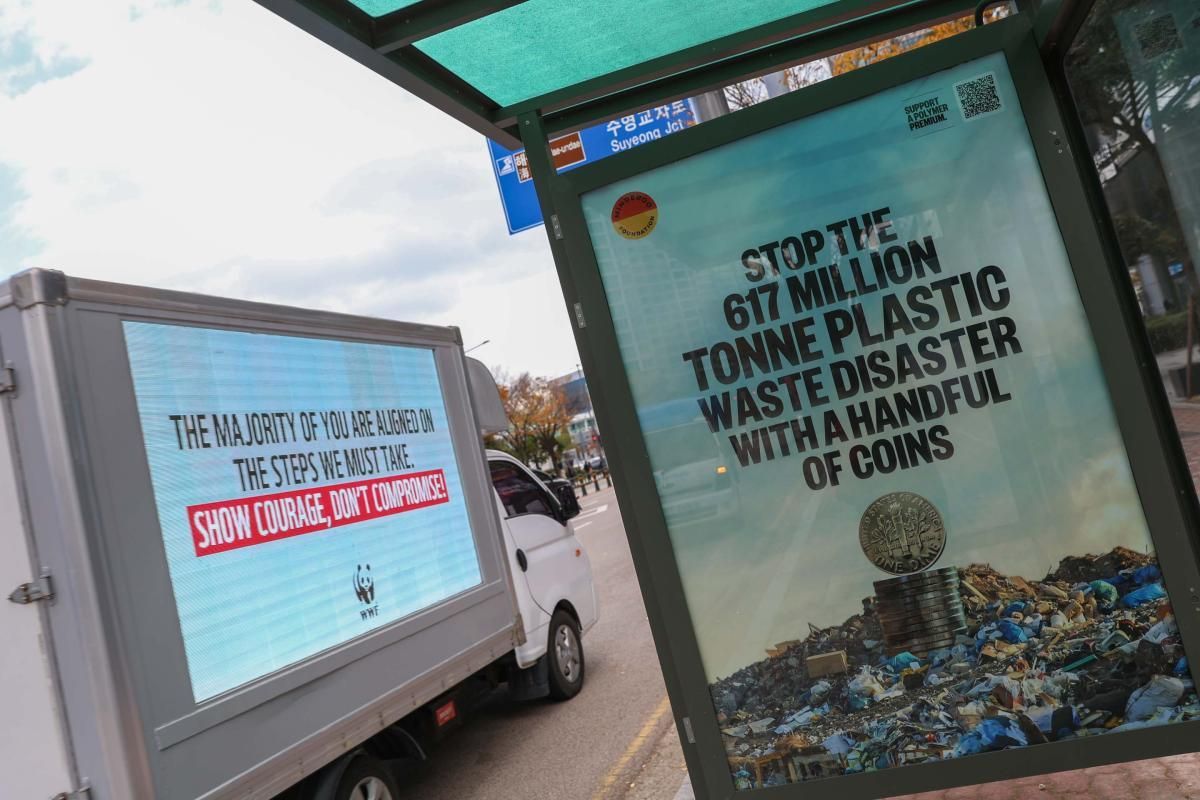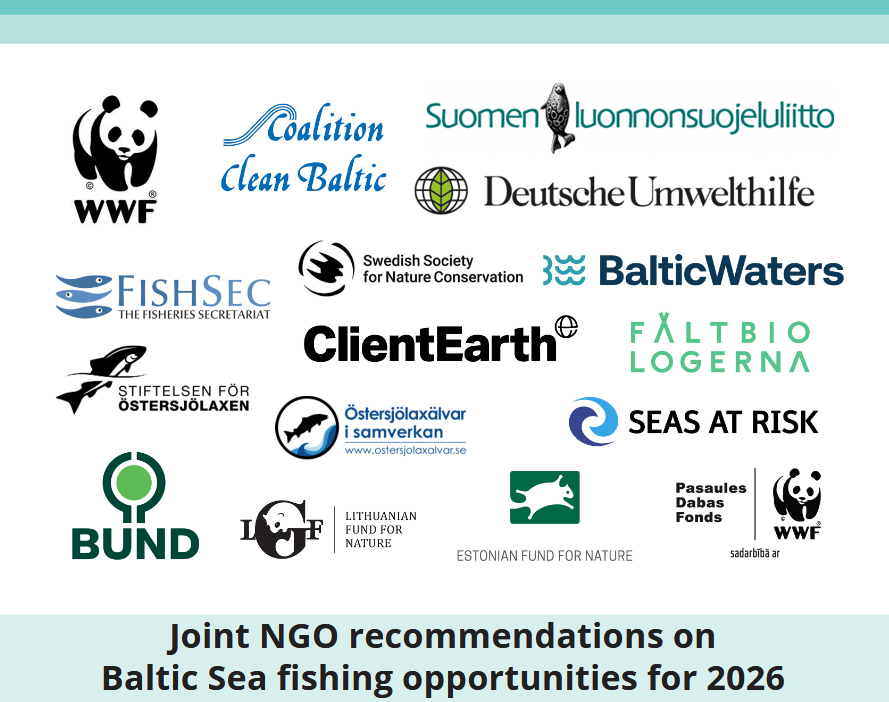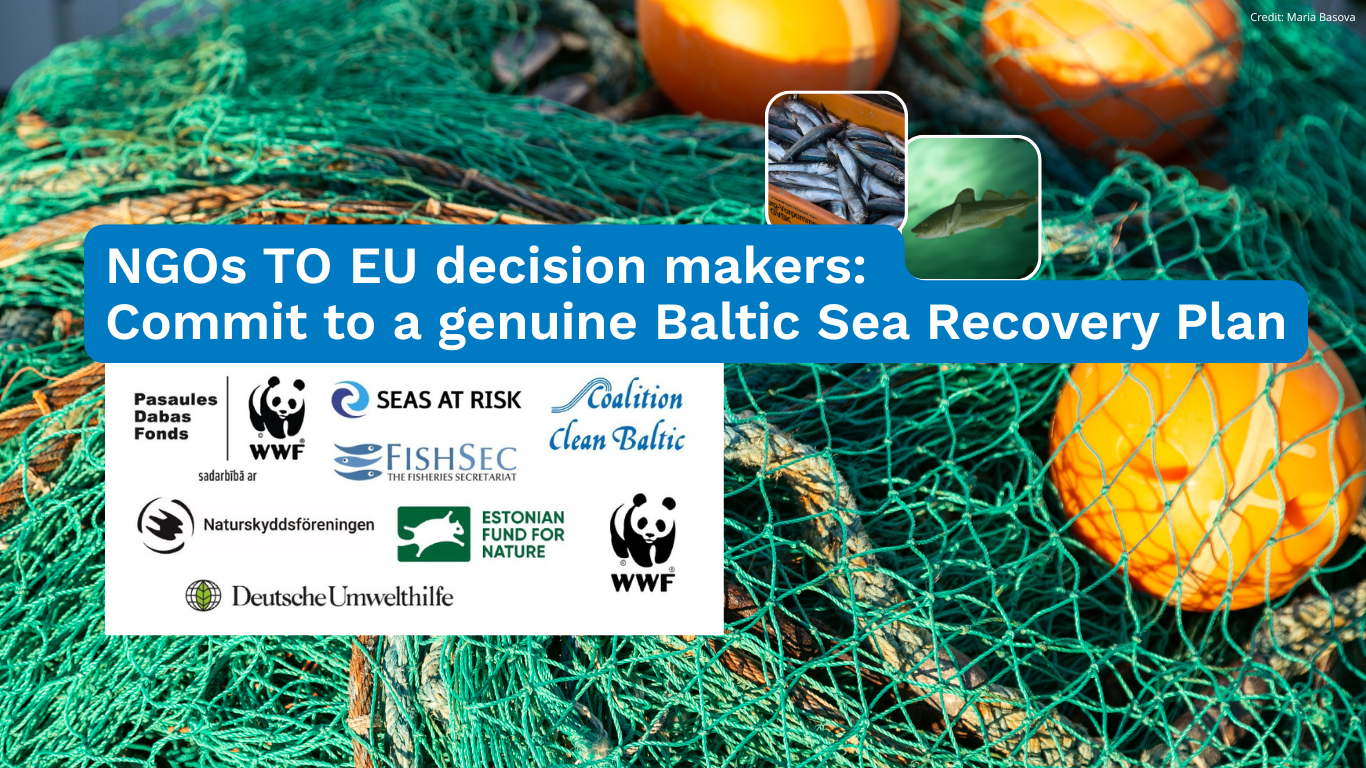Stalled Progress: Negotiations for a Global Plastics Treaty Continues into 2025
4 December 2024 - The UN Intergovernmental Negotiating Committee meeting in Busan, South Korea, was supposed to be the fifth and final round of negotiations to produce the first legally binding treaty on plastic pollution, including in the marine environment, by the end of 2024. However, it concluded in early December 2024 without an agreement, leaving countries with an extended deadline and a proposal by the Chair to resume talks at an additional session (INC 5.2) in 2025 to resolve outstanding disagreements. Countries will use the latest version of the Chair’s text as the basis for the continued negotiations.
Plastic production & global warming
At the heart of the discussions was whether the treaty would include limits on plastic production. Over 100 nations, including small island states, African countries, and several European and developing nations like Norway and Mexico, along with the EU, supported a proposal to set a global target for reducing plastic production. Many have emphasized that this is essential to address chemicals of concern. However, for some plastic-producing and oil and gas countries, such a proposal crossed a red line.
The plan of petrochemical states to maintain plastic production growth threatens to derail global climate goals. Every year, the world produces more than 360 million tonnes of new plastic. Plastic production is on track to triple by 2050. Scientists estimate that a 75% reduction in plastic production is needed by 2040 to keep global warming to 1.5°C. Without such cuts, plastic production alone could consume up to 31% of the world’s remaining carbon budget to stay within that critical temperature threshold.
Plastic & health
The economic burden of health impacts is growing. Research by the Endocrine Society revealed that merely four groups of plastic-related chemicals are responsible for health expenses exceeding $400 billion annually in the United States. On a global scale, the UN Environment Programme cautions that failing to address chemical and plastic pollution could result in costs reaching as high as 10% of the world’s GDP.
Microplastics have been found in air, fresh produce, and even human breast milk. In animals, such as fish, these broken-down bits of larger plastics have been linked to lower levels of growth and reproduction, among other issues. Researchers are still working to determine more conclusively whether microplastics pose a direct risk to human health, and if so, at what level.
Finance
Another key area of contention was the financial support for developing country parties. At least 126 countries have called for an independent, dedicated fund to assist with treaty implementation. However, the Chair’s draft weakened this demand, and this is one of the issues will be furthered discussed at INC-5.2 – as well as the proposal of establishment of a polymer production fee, a widely supported mechanism for funding global action.

Science & civil society
“The science is clear: A treaty that protects human health and the environment must address the issues of plastic production and chemicals,” said Bethanie Carney Almroth, Professor at the University of Gothenburg, speaking for the Scientists’ Coalition for an Effective Plastics Treaty, a network of over 400 independent experts.
“Coalition Clean Baltic, along with many other environmental organizations, entered INC-5 with the expectation of securing a treaty that would protect human health by regulating chemicals throughout the lifecycle of plastics and reducing production,” commented Eugeniy Lobanov, Leader of the Hazardous Substances Working Area at Coalition Clean Baltic. “However, progress has been slow and did not lead to finalizing a text. We are united with many other organizations and countries in their ambition for a legally binding instrument to end plastic pollution across its lifecycle, as set out in the UNEA Resolution 5/14.”
INC-5.1 made some progress toward a treaty to end plastic pollution, producing a streamlined Chair’s Text open for further submissions at INC-5.2. Delegates worked extensively on revisions but the exclusion of civil society and observers from discussions raised significant concerns about transparency and inclusivity.
What´s next?
So in the end, the INC-5.1 did not produce a final treaty, leaving key details, including the dates and modalities of the next session, unresolved. There was no proposal for intersessional work, so informal discussions will continue in an effort to align on the core provisions of the draft treaty, which include:
• Article 3 on products, including the possibility of restricting chemicals in plastic production and ensuring transparency and traceability of chemicals in plastic products;
• Article 6 on supply, including the possibility of setting a reduction goal for plastic production;
• Article 11 on setting a financial mechanism that will be crucial to funding the implementation of the treaty, particularly upstream control measures.
Delegates acknowledged the complexity of addressing plastic pollution, which intersects with broader environmental issues like climate change and biodiversity loss, but expressed hope for continued progress in future sessions.
-END
***
Article written by Eugeniy Lobanov, CCB Hazardous Substances Working Area Leader
Further Information
- UNEP Intergovernmental Negotiating Committee on Plastic Pollution – 5th Session
- Daily coverage of INC-5 from IISD: Earth Negotiations Bulletin

